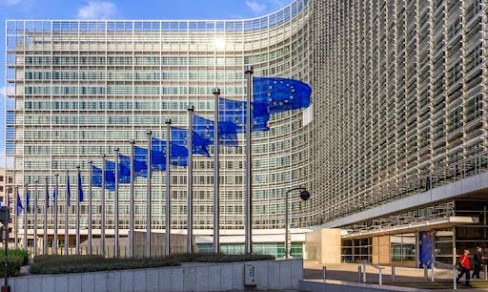Freedom of expression of an eyewitness to a road accident protected by the European Convention
.jpg)
In Chamber's judgment (23.3.2023) in the case of Udovychenko v. Ukraine (application no. 46396/14) the European Court of Human Rights held, unanimously, that there had been a violation of Article 10 (freedom of expression) of the European Convention on Human Rights. The case concerned the consequences for an eyewitness to a road accident of telling a journalist that she had seen the son of B., a former member of parliament, getting out of the driver’s side of the car. In the proceedings brought against her by B. and his son accusing her of making a false statement to the media, she was required to prove what she had said. In the absence of proof, the Ukrainian courts found that her statement had been untrue and had damaged the honour, dignity and reputation of B. and his son. She was ordered to retract her statement and to pay damages. The Court found that for the applicant to prove what she believed she had seen with her own eyes, as required by the national courts, wo...







